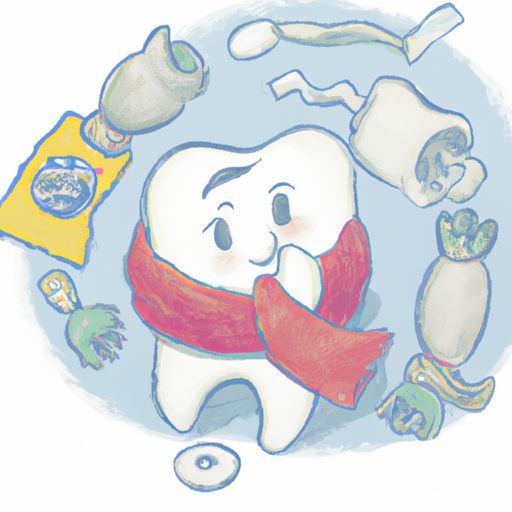1. Introduction
As a caregiver, there’s nothing more alarming than hearing your little one coughing. Is it a cold? Is it something more serious? Or could it just be a symptom of teething? In this comprehensive guide, we explore the concept of a “teething cough” and help you understand what to expect, how to manage it, and when to seek medical advice.
2. Understanding Teething
Teething is a normal part of your baby’s developmental process. It’s when the first set of teeth, also known as primary teeth, break through the gums.
- Age of occurrence: Most babies start teething around 6 months of age.
- Signs of teething: Drooling, fussiness, trouble sleeping, refusing food, and yes, sometimes a mild cough.
3. What is a Teething Cough?
A teething cough is a mild, often dry cough that accompanies the teething process. It’s caused by excess saliva produced during teething, which can trickle down the back of the baby’s throat.
- Is it a cause for concern? Generally, a teething cough is not a cause for concern. However, if the cough persists, is accompanied by other severe symptoms, or if the baby has difficulty breathing, seek medical advice immediately.
4. Differentiating Between a Teething Cough and Other Types of Cough
| Type of Cough | Characteristics | Potential Cause |
|---|---|---|
| Wet Cough | Sounds chesty, may produce mucus | Common cold, bronchitis |
| Dry Cough | No mucus, often sounds scratchy | Teething, allergies |
| Whooping Cough | Involves a “whooping” sound, severe coughing fits | Pertussis (Whooping cough) |
5. Managing a Teething Cough
Here are some measures you can take to manage your baby’s teething cough:
- Keep them hydrated: Ensure your baby gets plenty of fluids. For infants less than six months, this means breastmilk or formula. Older babies can have small amounts of water.
- Use a humidifier: This can help keep their throat moist and reduce coughing.
- Teething toys: These can provide relief from teething symptoms, including the cough.
6. When to Seek Medical Help
While a teething cough is usually harmless, it’s important to know when to seek medical help. Contact your health care provider immediately if:
- The cough is persistent and lasts more than a week.
- The cough is accompanied by high fever, wheezing, or difficulty breathing.
- Your baby is not eating or drinking properly or shows signs of dehydration.
7. Preventing Illness During Teething
Since teething can weaken the immune system, your baby may be more susceptible to illnesses during this time. Here are some ways to help prevent illness:
- Ensure everyone in the household practices good hygiene.
- Keep your baby’s toys and teething rings clean.
- Avoid crowded places where germs may be easily passed.
8. Frequently Asked Questions (FAQs)
Q: Can teething cause a fever?
A: A slight increase in body temperature can occur. However, a high fever is not typically a symptom of teething and could indicate illness.
Q: How long does a teething cough last?
A: A teething cough should subside once the tooth has broken through the gum. If it persists, consult with your healthcare provider.
Q: Can teething cause a runny nose?
A: Yes, teething can cause a mild runny nose. However, a persistently runny nose may be due to a common cold or other infections.
In conclusion, while a teething cough can be a source of concern, understanding what it is and how to manage it can help you navigate this phase with less worry. Remember, when in doubt, always consult with your healthcare provider.



